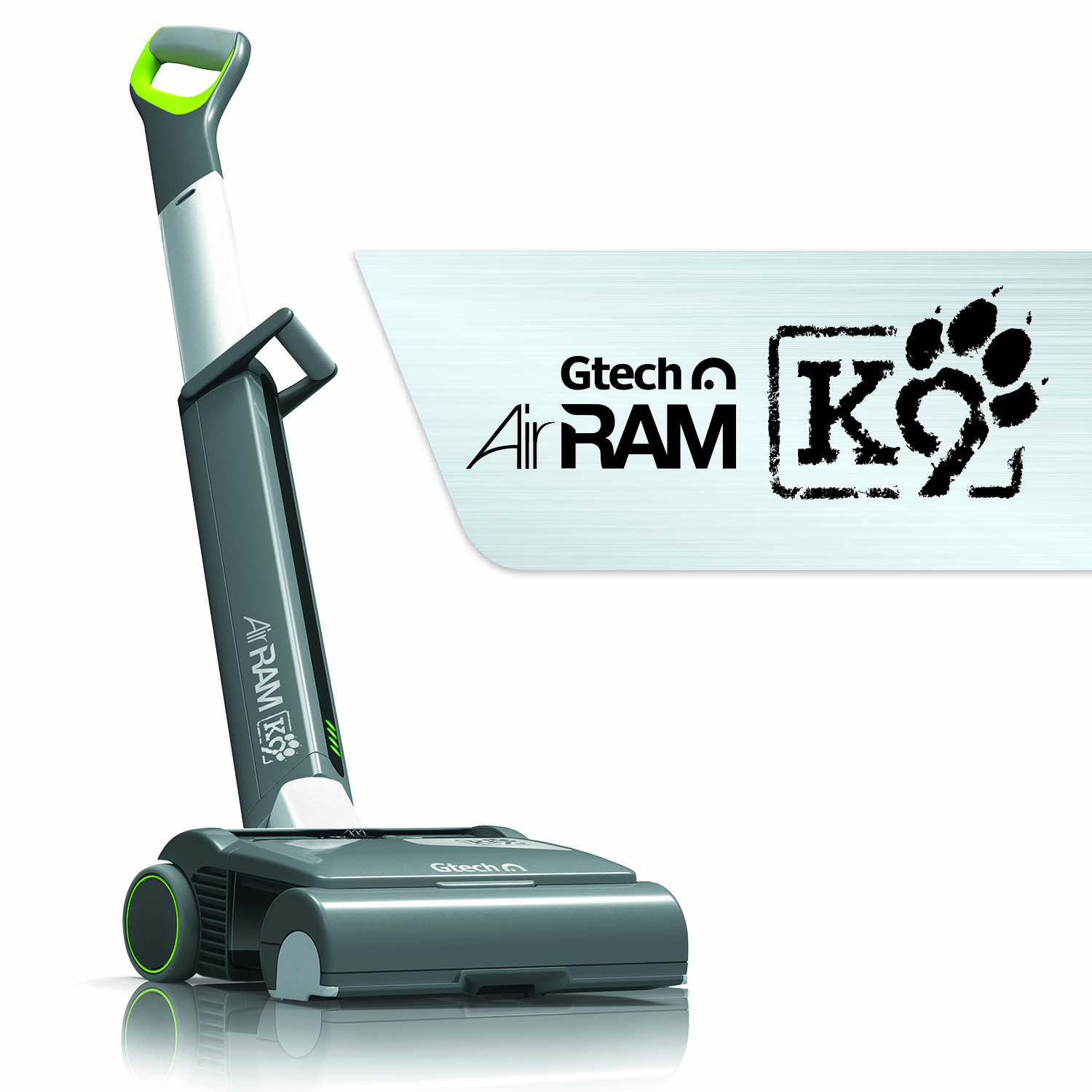Vet charity PDSA has warned that a simple ‘spring clean’ could be fatal to pets after revealing one animal has died and several others have suffered serious injury from exposure to cleaning products.
In one particularly harrowing case, the charity said its vets had to euthanize a dog after they were exposed to laundry detergent which caused severe caustic burns to their paws, legs and mouth. Other cases in the past 12 months include a cat that was left foaming at the mouth after he licked a floor that had just been treated with disinfectant and a dog who suffered chemical burns to his scrotum after coming into contact with a cleaning product on the floor.
PDSA also dealt with a number of emergency incidents where pets had been poisoned by either ingesting or coming into contact with bleach.
Rebecca Ashman, PDSA vet, said: “With many households doing their spring cleaning, it’s important to ensure products are safe to use around pets.
“Millions of us use bleach, oven cleaner, dishwasher tablets and laundry detergents all the time in the home but we need to realise how dangerous they can be to our pets.
“Products such as bleach and detergents are highly corrosive and cause permanent and even life-threatening damage to a pet’s skin or insides if swallowed.
“Some pets will naturally explore or chew boxes and containers, so it’s really important to keep cleaning products safely locked away. Also, if you’re cleaning floors or other areas pets use, please keep them out of harm’s way and rinse the areas after cleaning. Using products at the correct dilution also helps to ensure pets don’t come into contact with concentrated chemicals.”
Rebecca added that it was vital for owners to seek emergency veterinary treatment straight away if they suspect their pet has come into contact with anything corrosive or poisonous.
She said: “It’s important to seek veterinary advice urgently. Don’t try to make your pet sick as this can sometimes cause further harm.
“In an emergency situation it’s also useful to let the vet know as much as possible about the offending substance, so they can give the appropriate treatment. So always keep the packaging and take it with you if you need to go to the vet”
Bootsie The Cat Shouldn’t Have Drunk That
Tabby cat Bootsie was rushed to PDSA Leicester Pet Hospital after drinking bleach from his owner’s toilet.
The chemical caused severe ulceration to his throat and he was poorly and unable to eat, so he required tube-feeding for several days while his burns healed.
Bootsie’s owner, Sophie McDowall, 24, from Northfields, Leicester, said: “I bleached the toilet and bathroom and hadn’t thought anything more about it. However, in the morning I woke to find Bootsie lying lifeless on his blanket with his tongue sticking out, dribbling everywhere and making a very strange noise.
“I called PDSA and they told me to bring him straight down. He was kept in at the hospital and I was so worried about him, it was heart-breaking.”
Bootsie had ulcers in his mouth and vets carried out tests to rule out other conditions before giving intensive treatment for his exposure to bleach.
The three-year-old pet was kept in hospital for several days until he was well enough to return home on painkillers.
Sophie added: “I can’t thank PDSA enough for the treatment Bootsie received. I’m now much more careful when cleaning the bathroom and ensure the lid to the toilet is always closed and the door kept shut to avoid anything like this happening again.”
PDSA vet Rebecca said Bootsie had been lucky and warned pet owners to be extra careful when using cleaning products.
She said: “Thankfully he didn’t have any permanent effects from drinking bleach but he is among the lucky ones, as it could have been much worse.
“Bootsie received emergency care through our A&E service, which has received a fantastic funding boost from players of People’s Postcode Lottery.
“We really want to try and prevent pets coming into contact with everyday household cleaning products and want to raise awareness of the possible dangers.”
Symptoms of exposure to toxic chemicals or substances in pets include:-
Ulcerated or irritated skin including inside the mouth
Vomiting or coughing
Lethargy and collapse
Difficulty eating and excessive salivation/foaming at the mouth
Pawing at the mouth
For more information about how to keep your pet safe, please visit www.pdsa.org.uk/poisons
Enter your email and never miss out on receiving our best articles:







